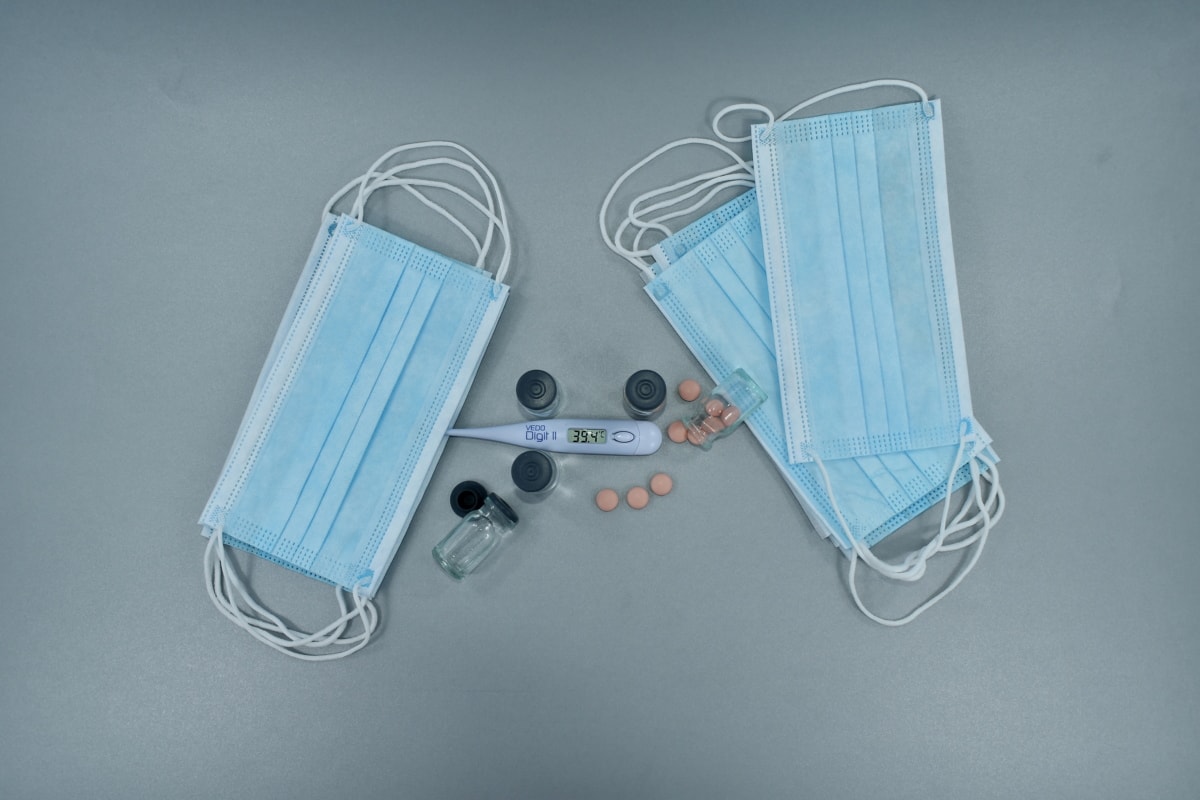Although our country is built on the principle that “all men are created equal,” this notion has yet to be completely true in modern America or our history. The disproportionate death rate from COVID-19 in Black Americans is a telltale sign of the inequities, or injustices, in place in the healthcare industry. While it’s easy to blame these inequities on higher obesity, diabetes, or hypertension rates in Black Americans, there is more to it than that.
These inequities are also very prevalent in prostate cancer mortality, as the numbers are far higher in Black men than white. This results from a multitude of factors, including that they “generally get fewer PSA screenings, are more likely to be diagnosed with later stage cancer, are less likely to have health insurance, have less access to high-quality care,” or perhaps even other factors, according to Daniel Spratt, M.D. These are all indications of structural inequality, a system of unfairness created by institutions, in our country, not just circumstantial or individual biases.
Black and minority patients are likely to feel more comfortable with minority doctors, but unfortunately this isn’t always possible. For obvious reasons, this reduces implicit bias from the physicians. Aside from a harder time getting proper care, minorities also suffer from an unequal amount of expenses. According to a UMichigan team, “the last six months of life is $7,100 more expensive to the Medicare system for Black people, and $6,100 more expensive for Hispanics, compared with white people,” although more research must be done to determine exactly why this is. One of the root causes for these trends could be lack of nutrition. Even before the pandemic, many minority adults and children didn’t have access to nutritious foods, which plays a major role in health status. This also continues to be perpetuated by institutional racism and the vicious cycle of poverty in America. Unfortunately, many situations only worsened with the emergence of COVID-19. This is a very pressing issue that must be addressed sooner rather than later, in order to ensure the safety of many adults and children.
As we have learned in bio class, the use of masks to prevent the spread of COVID-19 is absolutely essential. Especially in urban or tightly packed communities, where COVID-19 can easily spread from person to person, masks are needed more than ever. Additionally, these communities often have high amounts of minorities, worsening their odds of becoming seriously ill. Fortunately, with the development of safe and effective vaccines, there is finally a light at the end of the tunnel. Minority communities desperately need vaccines in order to prevent any more lives lost, and luckily distribution is gradually picking up. Although this has been a tragic year, I hope America will learn from this situation, becoming more prepared for future unpredictable scenarios and fixing the inequities prevalent in our country.



Leave a Reply